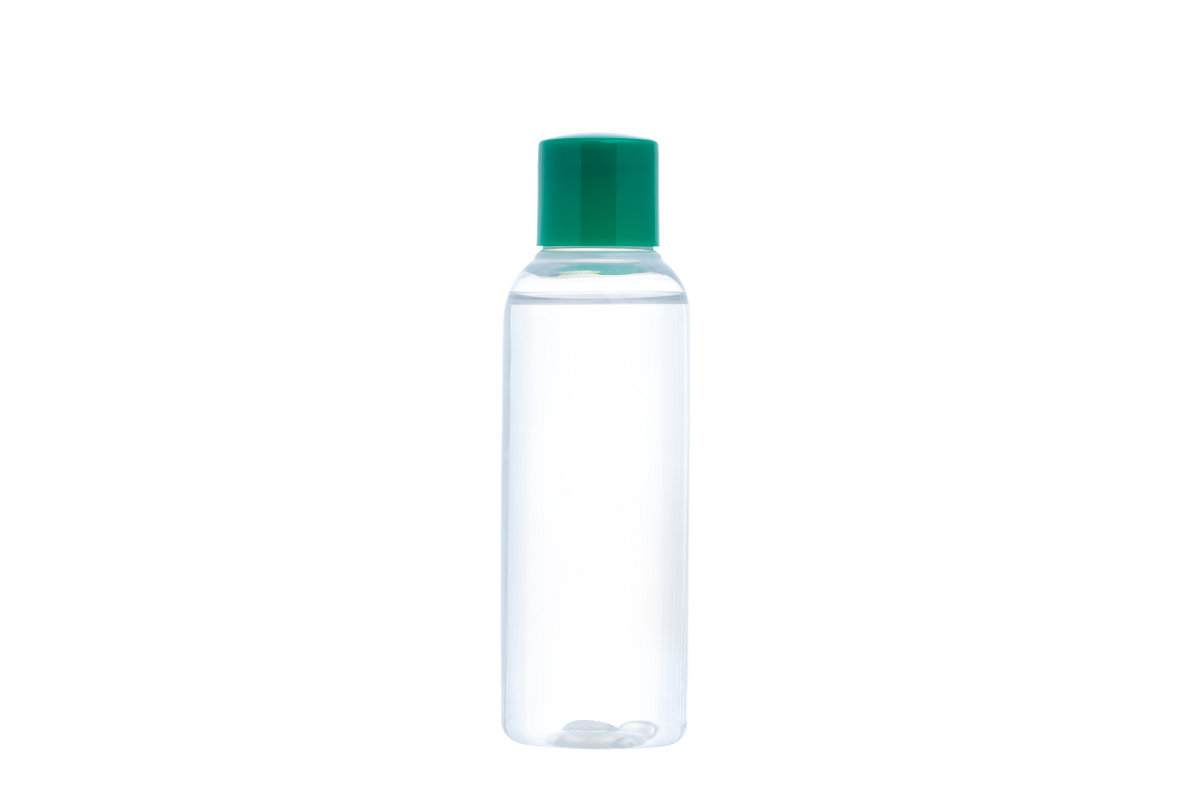Does alcohol or acetone evaporate faster? In order to determine which one has the quickest evaporation rate, let’s take a look at the characteristics of each solvent.
What is Alcohol?
Alcohol is the chemical compound known as ethanol. It is an intoxicating ingredient in beer, wine, and some spirits, but manufacturers also use ethanol to make products for household and industrial use. Here are a few general examples:
- Fuel additive
- Beauty products
- Paint
What is Acetone?
Acetone, also known as propanone, is a solvent many manufacturers also use in industrial and everyday household products. Some common uses of this solvent are:
- Nail polish remover
- Degreaser
- Furniture finisher
- Ink
- Resin
While this solvent has low toxicity, it is still highly flammable and requires care when handling.
Does Alcohol or Acetone Evaporate Faster?
When scientists determine the evaporation rates of a solvent, they compare its structure to n-butyl acetate, which scientists classify as 1.0. For this reason, all evaporation rates are compared to this rate, which is better known as BuAc = 1.0. Generally, a solvent with a rate of 3.0 or higher has a fast evaporation speed, while ones falling between 0.8 and 3.0 have a medium speed, and rates of 0.8 or lower have a slow speed.
If you were to compare Acetone’s structure to the BuAc = 1.0, you’d find that its rate falls at 5.6.
Alcohol (ethanol), on the other hand, falls at 1.4. If we match these rates up to the scale, we’d see that acetone falls in the fast evaporation rate category, and alcohol falls in the medium speed evaporation. Therefore, we can conclude that acetone evaporates faster than alcohol.
Need to buy Solvents?
Bulk Chemicals 2 Go sells industrial-grade solvents in bulk quantities. Visit our website to view our variety of listings to find the best products for your company. Have any questions? Give us a call at (800)-563-305 or contact us here to get in touch with one of our expert team members today!


